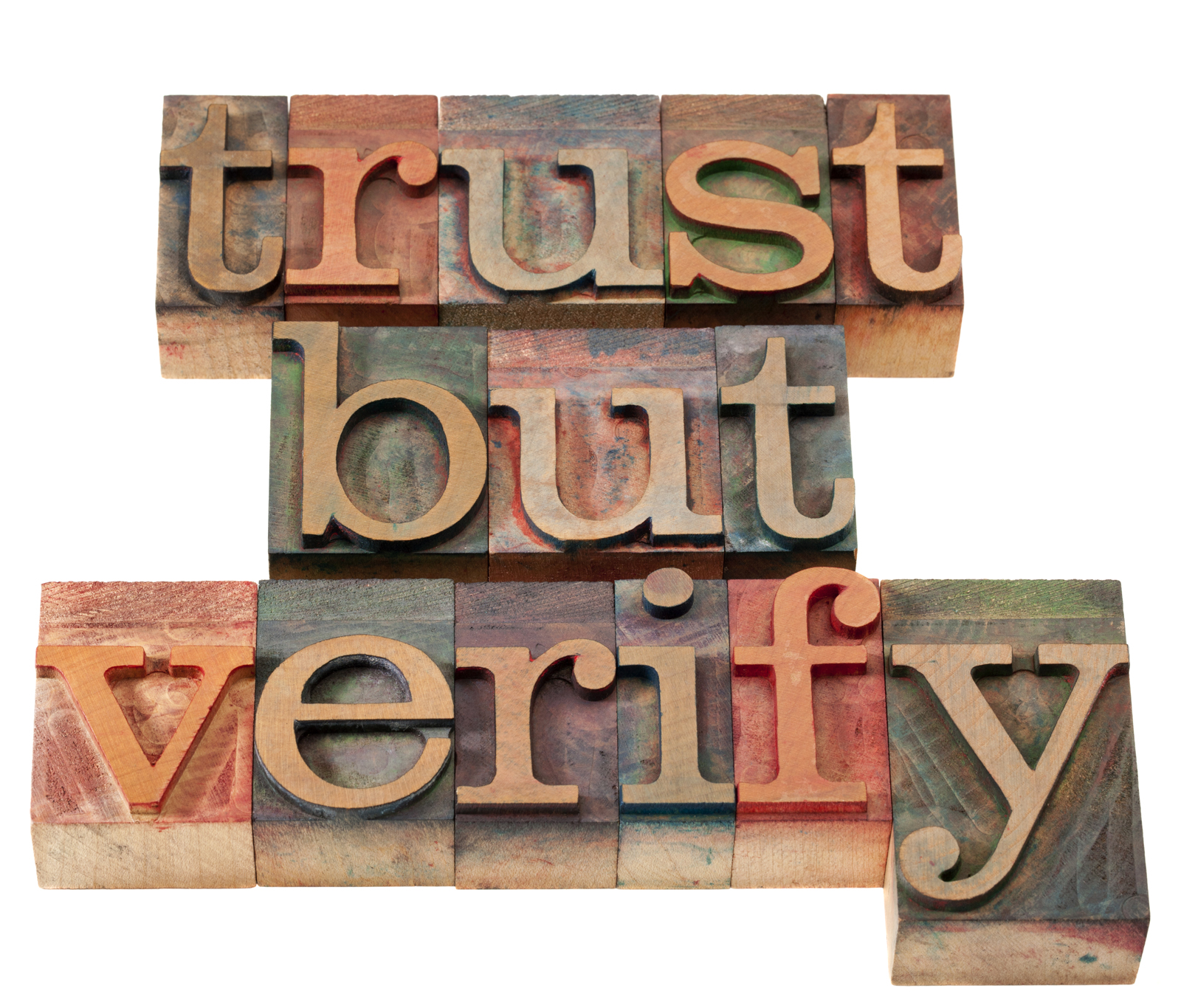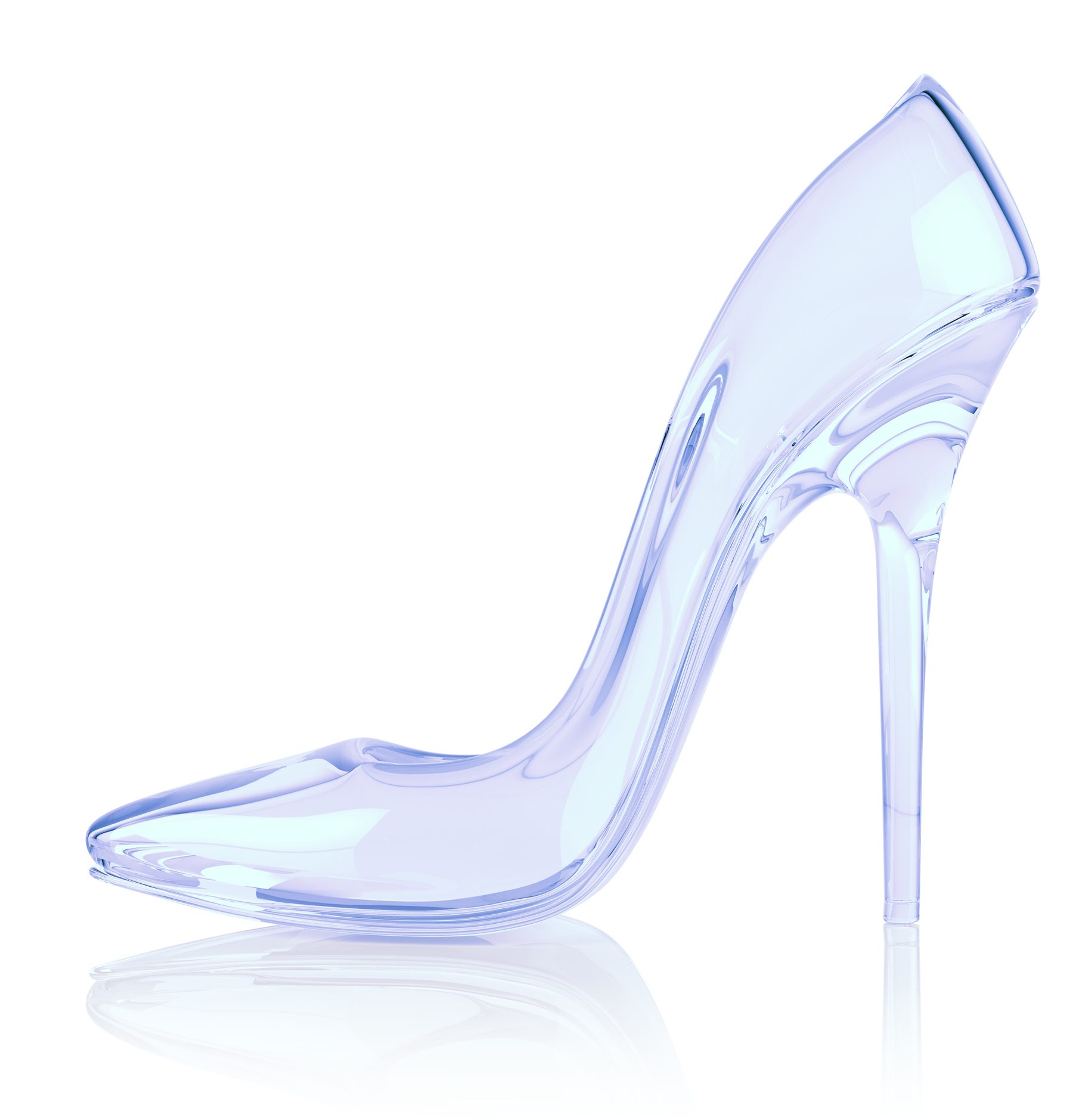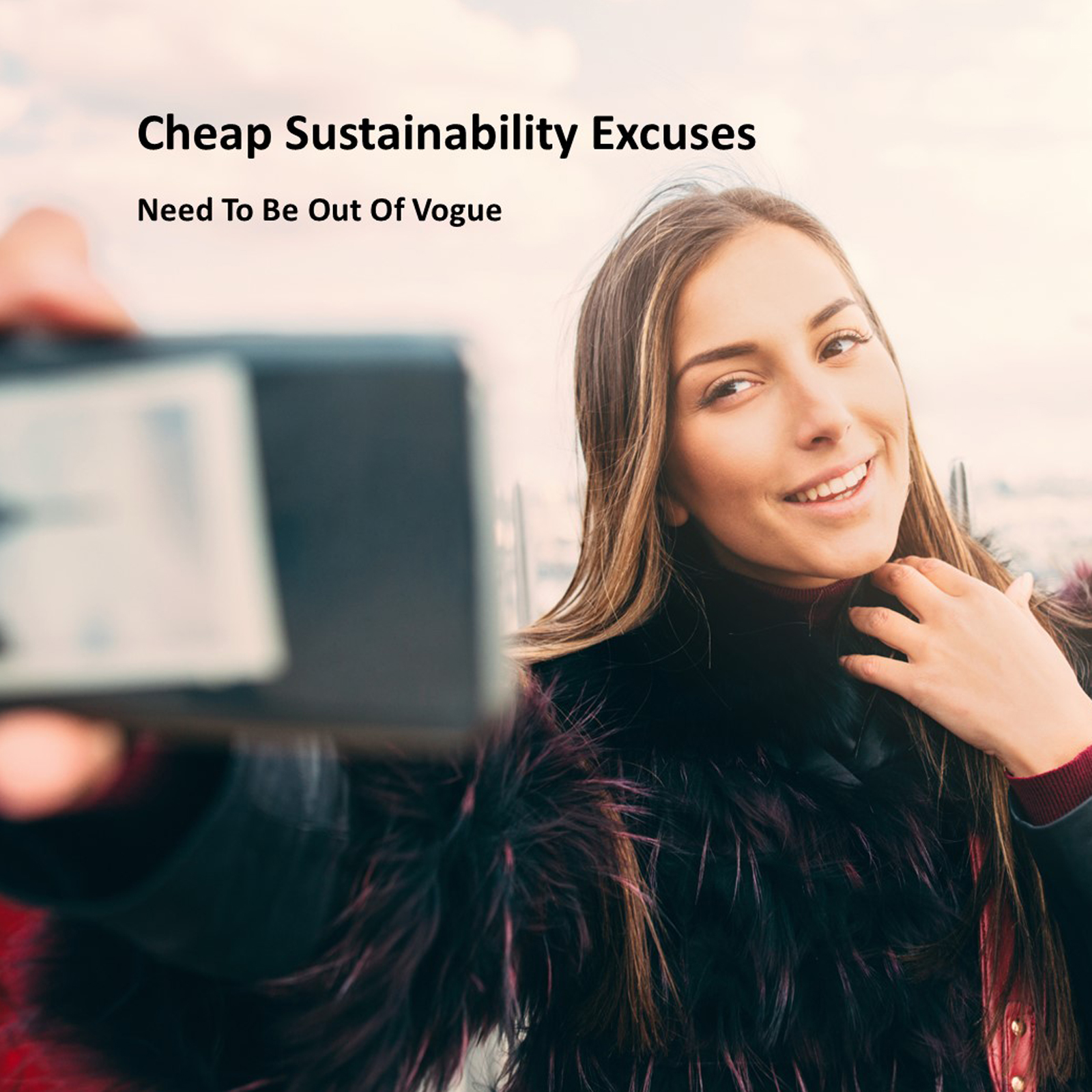Radical Transparency: It’s A Trust Thing!
Current business practices mean consumers must trust but verify.

Image 3quarks
Lynn Johnson
5 May, 2020
It has been written that “To be trusted is a greater compliment than being loved”. As consumers, is it time to ask ourselves “While I might love this particular brand, do I trust it?” Business knows the dollar value of trust and so do shareholders; when customers trust a brand, this guarantees its sales will consistently grow.
But blind trust can be abused with greenwashing. So, quoting Ronald Reagan, in his work with Mikhail Gorbachev to dismantle the old Soviet Union nuclear stockpile, we should “trust, but verify”. I am sure Bernie Madoff’s investors regret not applying the ‘trust, but verify’ maxim given the catastrophic failure of the regulatory system to protect them from a Ponzi scheme.
When it comes to knowing a luxury brands true commitment to sustainability, how do we trust but verify?

Image marekuliasz
The 2019 State of Fashion report produced by The Business of Fashion in collaboration with McKinsey & Company highlighted Radical Transparency as a key trend needed in the industry. This is not only in response to consumer shifts to ‘social causes’ but also as a result of ‘trust issues’, with the report saying:
“After years of having personal data owned and handled by businesses, a
more distrusting consumer now expects companies to reciprocate with radical
transparency and sharing of information. For companies to meet a new bar
for consumer trust, they will need to offer a heightened level of transparency.”
New research into the market value of sustainable practices in the luxury industry provides some interesting insights. The research highlights the tussle happening between shareholders, customers and company management. Currently, too many shareholders respond negatively to implementation of sustainability practices in the luxury sector, which they perceive as an identity mismatch with what the industry represents. The examples given in the report included, “After Burberry announced its banning of fur use in products in Sep. 6, 2018, the stock price dropped by 1.97% in a day.”
This mismatch in expectations and the fact that shareholders have a very powerful influence over management actions could be the reason for the research findings, which showed how little real action is being taken on sustainability. Investigating 80 luxury goods manufacturers, listed on the New York Stock Exchange, the researchers found a total of just 289 announcements about implementing sustainable practices in the Wall Street Journal between 1990 and 2019. The trend is rising, but the 168 announcements in the last decade (2010-2019) translate to a very unimpressive 2 announcements, per company, per decade!
There were other announcements which were discarded, for example there were 367 sustainability announcements that were simply a discussion on sustainability, but not linked to the company actually adopting any sustainable practice. The possible conclusion being, this ‘noise without substance’ is simply a type of marketing exercise to augment the already huge advertising budgets, which are a key pillar of the luxury sector anyway.
Some of the biggest luxury companies won’t be included in this survey, because they are listed on European stock markets, not the US. But the work goes some way to making transparent, and verifying, what is actually happening. We can infer more about the global picture when we add the work of Di Fan, a senior lecturer at the business school of the Australian National University.
Fan found that hubris and overconfidence caused by excellent financial performance is a major driver of irresponsible corporate behaviour, with companies making above-average profits more likely to breach their environmental or social obligations than run-of-the-mill firms
HowToSpendItEthically.Org agrees that practical action on radical transparency of supply chains is needed to ensure proof of sustainable practices in the luxury sector and beyond. Without transparency there is no governance or proof of sustainability.
While a company’s sustainability related actions and reporting needs to be as transparent as a glass slipper, they can’t be as fragile as one. In the era of huge advertising budgets and of fake news, if we want more than the illusion of sustainability, it is time to trust, but verify.

Image Sashkinw

Subscribe To
[mc4wp_form id=”29″]




